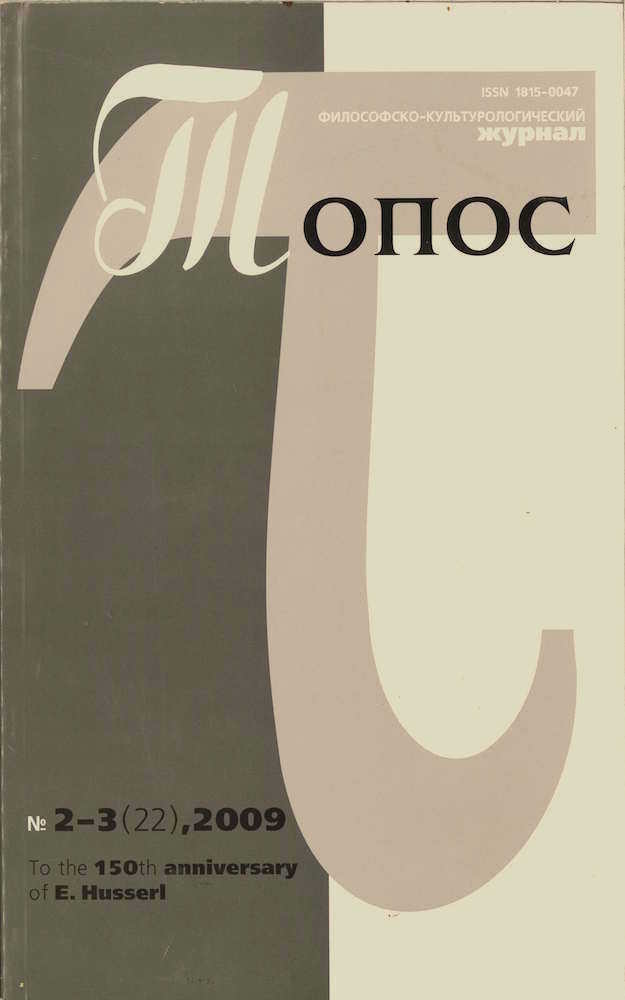On the plurality of life-worlds and the shared meanings among them
Article
Abstract
[In English]
An early project in Husserl’s philosophical career was to integrate a phenomenological theory of intentional content with a logical theory of objective meaning. In this essay, I examine how Husserl’s formal account of meaning established in the Logical Investigations (1900/1901) relates to an intentional and cognitive account of meaning found in his Ideas, Book I (1913). My analysis hinges on discussing how Husserl integrated his analysis of meaning-intentional acts, found in the Investigations, with a full-fledged theory of sense and meaning involving noetic and noematic correlation, found in the Ideas. On my view, Husserl’s theory of meaning does not succumb to psychologism as many linguistic analysts have supposed because his theory is able to account for how senses of meaning are objectively given within various overlapping and encompassing life-worlds.
Downloads
This journal allows the author(s) to hold the copyright without restrictions. Topos Journal uses CC BY-NC-ND 4.0 license (license URL: http://creativecommons.org/licenses/by-nc-nd/4.0).



